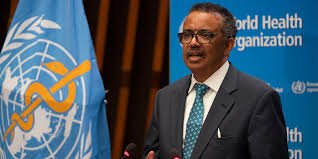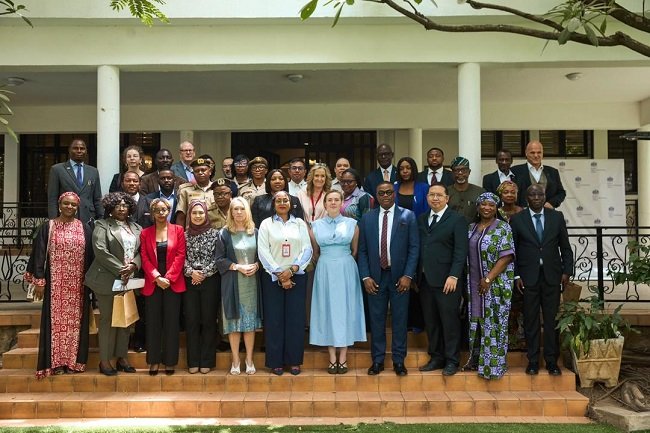
WHO Director-General, Tedros Ghebreyesus
ABUJA, Nigeria – The World Health Organisation (WHO) has warned that non-communicable diseases (NCDs) and mental health conditions are now the most urgent public health challenges of the century, claiming about 32 million lives every year.
In a report released Thursday, “Saving lives, spending less”, WHO revealed that NCDs remain the world’s leading killers, while more than one billion people are living with mental health conditions. Nearly 75 per cent of related deaths occur in low- and middle-income countries.
According to WHO, an additional investment of just $3 (₦4,480) per person annually could yield $1 trillion in economic benefits by 2030. But progress has slowed, with 60 per cent of countries recording weaker improvements compared with the last decade.
WHO Director of Health Promotion, Etienne Krug, said: “It is unacceptable that commercial interests are profiting from increasing deaths and disease.”
The organisation stressed that cost-effective interventions—such as tobacco and alcohol taxation, hypertension management, cervical cancer screening, and restrictions on harmful food marketing—are proven but underutilised.
WHO Director-General, Tedros Ghebreyesus added: “Investing in the fight against NCDs isn’t just smart economics; it’s an urgent necessity for thriving societies.”
The warning comes ahead of the Fourth UN High-Level Meeting on NCDs and mental health, scheduled for 25 September in New York, where world leaders are expected to adopt a new Political Declaration.




